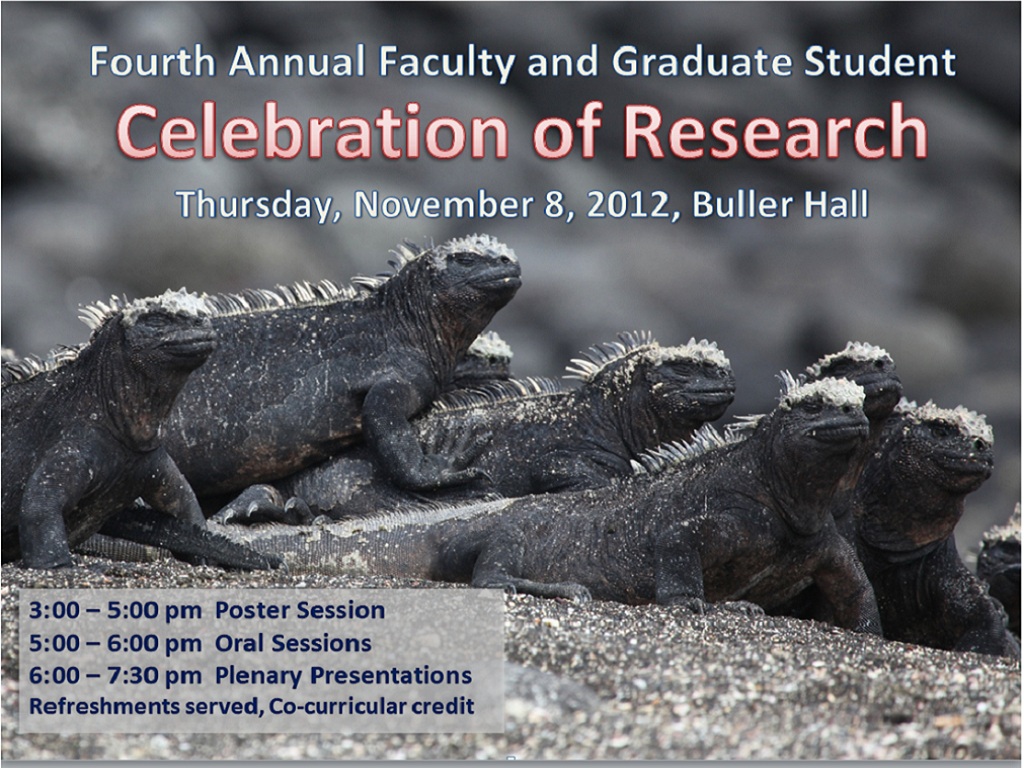D-3 Welcoming Nonverbal Behavior: A Case Study of Group Communication in Church
Presenter Status
MA Student, Department of Communication
Location
Buller Room 208
Start Date
8-11-2012 5:24 PM
End Date
8-11-2012 5:36 PM
Presentation Abstract
Nonverbal behaviors occur simultaneous to verbal communications. The effectiveness of the overall message depends on coordinating the communications of these two interactive facets. When considering interpersonal communications within a group setting, evidence suggests that specific nonverbal behaviors positively influence the development of relationships between participants, thus confirming the significance of repeated, consistent, congruent verbal and nonverbal elements. Expanding on DeVito's (1990) model of human communication, this study uses interaction analysis (IA) techniques within the framework of attribution theory to explore the impact of nonverbal communication on the context and consequence of a first-time visitor to a Seventh-day Adventist church community.
D-3 Welcoming Nonverbal Behavior: A Case Study of Group Communication in Church
Buller Room 208
Nonverbal behaviors occur simultaneous to verbal communications. The effectiveness of the overall message depends on coordinating the communications of these two interactive facets. When considering interpersonal communications within a group setting, evidence suggests that specific nonverbal behaviors positively influence the development of relationships between participants, thus confirming the significance of repeated, consistent, congruent verbal and nonverbal elements. Expanding on DeVito's (1990) model of human communication, this study uses interaction analysis (IA) techniques within the framework of attribution theory to explore the impact of nonverbal communication on the context and consequence of a first-time visitor to a Seventh-day Adventist church community.



